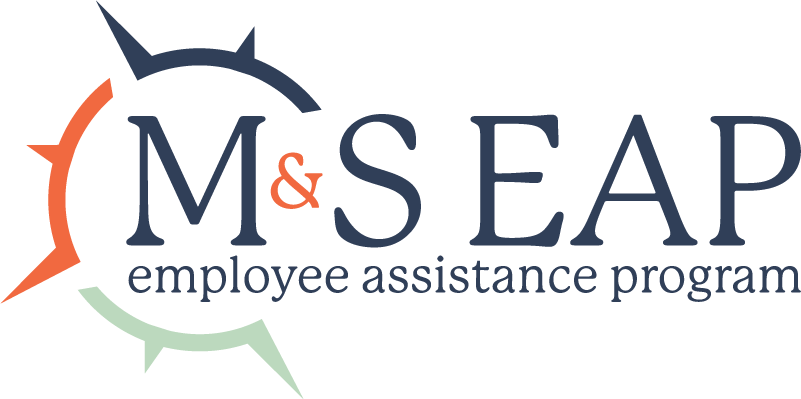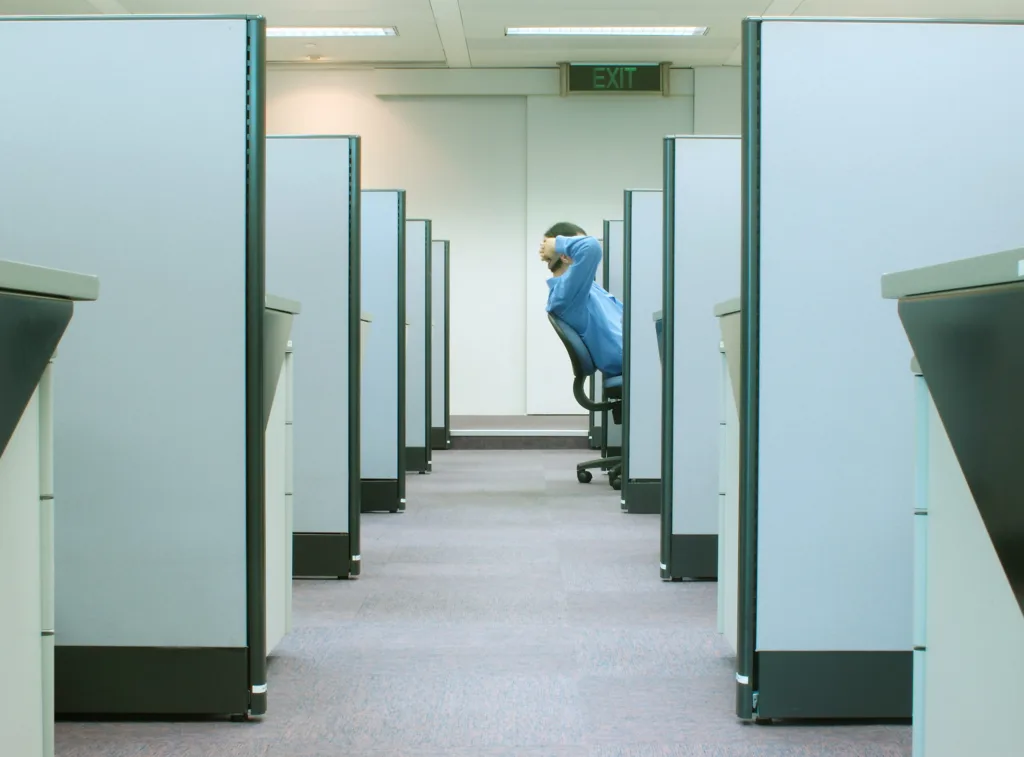What is Burnout and Can Employers Help Prevent It?

Workplace stress is a hugely challenging problem in American society. With minimal time off, pressures to excel and lack of recognition regarding proper compensation for work output and quality, it is no surprise that statistics reflect negative experiences from many men and women at work.
While stress at work is regular and tensions may run high, what is not normal is when employees feel overworked and struggle to find balance in their lives. When burnout occurs, not only does the employee suffer, but the entire company can also feel the effects.
What is employee burnout?
According to Calm.com, “Job burnout is a state of physical or emotional exhaustion caused by chronic stress at work. It can reduce our sense of accomplishment and our identity. Unlike stress, which can be positive in short bursts, job burnout doesn’t go away, even after a break.”
And this issue is much more common than we may realize. According to additional studies on burnout:
- 83 percent of employees in the US say they struggle with stress daily at work
- 76 percent reported that workplace stress began affecting their relationships
- 50 percent reported being disengaged at work, which led to a dramatic drop in workplace productivity
- And 39 percent of employees agreed the leading cause of their stress was their job
Burnout is not a medical condition, but it certainly can begin to affect one physically and mentally. When you are approaching burnout, or perhaps are already there without realizing it, you may start experiencing a lack of motivation, decreased performance and an apathetic attitude toward yourself and those around you.
Primarily, suppose you are used to performing at 100 percent all the time (which is unsustainable for anyone) and suddenly begin dropping in performance, even though you still give high amounts of energy to your workload. In that case, you may feel dissatisfied with yourself because you cannot provide that 100 percent.
This pressure to give 100 all the time is unhealthy for anyone and can cause fatigue and burnout.
What are the signs of employee burnout?
Signs of employee burnout are numerous and may begin manifesting in physical, behavioral and emotional ways.
Physical signs of burnout include:
- Unexplainable muscle aches and pains
- Fatigue and exhaustion, even after getting proper amounts of sleep
- Tension headaches/migraines that come on more frequently than usual
- More frequent illnesses as a result of lowered immunity as your body works to handle the effects of stress
- Changes in appetite or eating habits, including decreased appetite
- Trouble falling or staying asleep, which can lead to feeling sleep-deprived all the time
- GI issues and stomach problems
Emotional indicators that an employee may be burning out include:
- Feeling a lack of control
- Feeling a loss of interest in previously enjoyed hobbies and activities
- Experiencing anxiety about work or daily life
- Getting easily irritated or angered over seemingly small things
- Experiencing apathy or hopelessness towards the situation, as in concluding that nothing matters or nothing will get better
- Feeling disconnected from your surroundings and the people around you
- Feeling overall skeptical and pessimistic about your situation and experiences
- Lacking energy
- You are feeling depressed and unmotivated to do the things you need to do, regardless of whether or not they are related to work
Behavioral signs an employer may notice include:
- Lack of focus or concentration on work
- A decline in work output or quality of work
- Withdrawal and isolation
- Indicators that an employee feels hatred toward their job
- A sense that the employee doesn’t believe their contributions make a difference
As burnout continues to manifest unaddressed, these signs can worsen exponentially. They may lead to the employee making significant mistakes, becoming increasingly tardy or absent or quitting their position entirely.
How to prevent your employees from burning out
While employers can’t prevent burnout entirely (some prevention strategies need to come from the employees themselves), they can encourage self-care and proper work/life balance to promote better mental health in the company overall.
Prevention for burnout includes:
- Encouraging breaks – Let your staff take the breaks they need to keep themselves refreshed and motivated during the day
- Managing workload – If an employee comes to you feeling overworked and overwhelmed, work with them to determine what is a priority during their days and what can wait
- Encourage communication – This might mean talking with coworkers, family or a counselor who can help show support and offer encouragement to get through these difficult times
- Promote detachment from work – At the end of the workday, your employees should have in place practices that help them detach from work and be present at home; this includes setting boundaries around checking work texts and emails after the end of the workday
- Relax with suitable activities – Encourage your staff to spend their evenings pursuing activities they enjoy so they feel better rested and relaxed when they wake up the following morning
Burnout is challenging to recover from, but your staff can be well protected from it by working preventatively and encouraging the right self-care and boundaries.
Need more workplace assistance?
Whether you need support for yourself as the employer or believe there is a need for employee support within the company, Mazzitti & Sullivan EAP is here to help. Contact our offices anytime to learn more.



